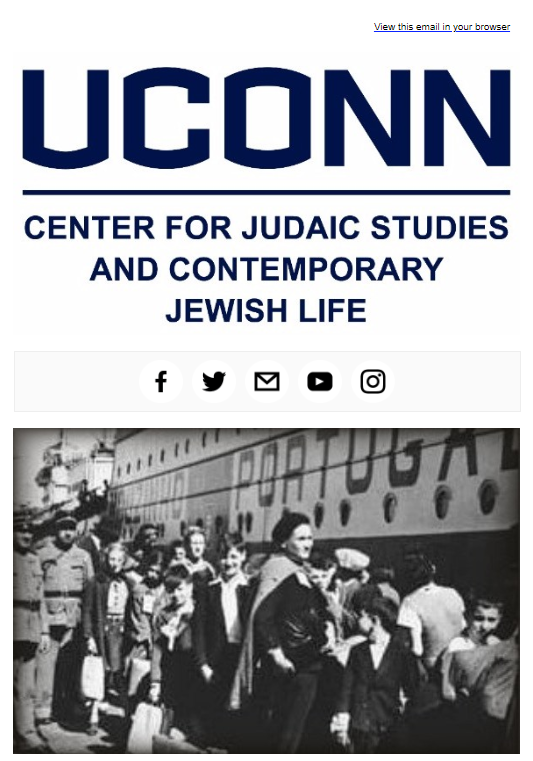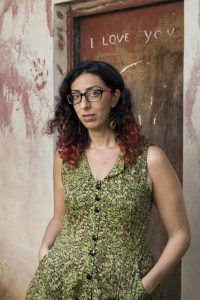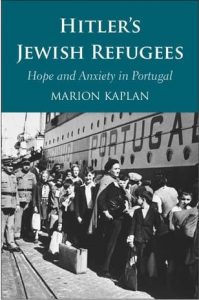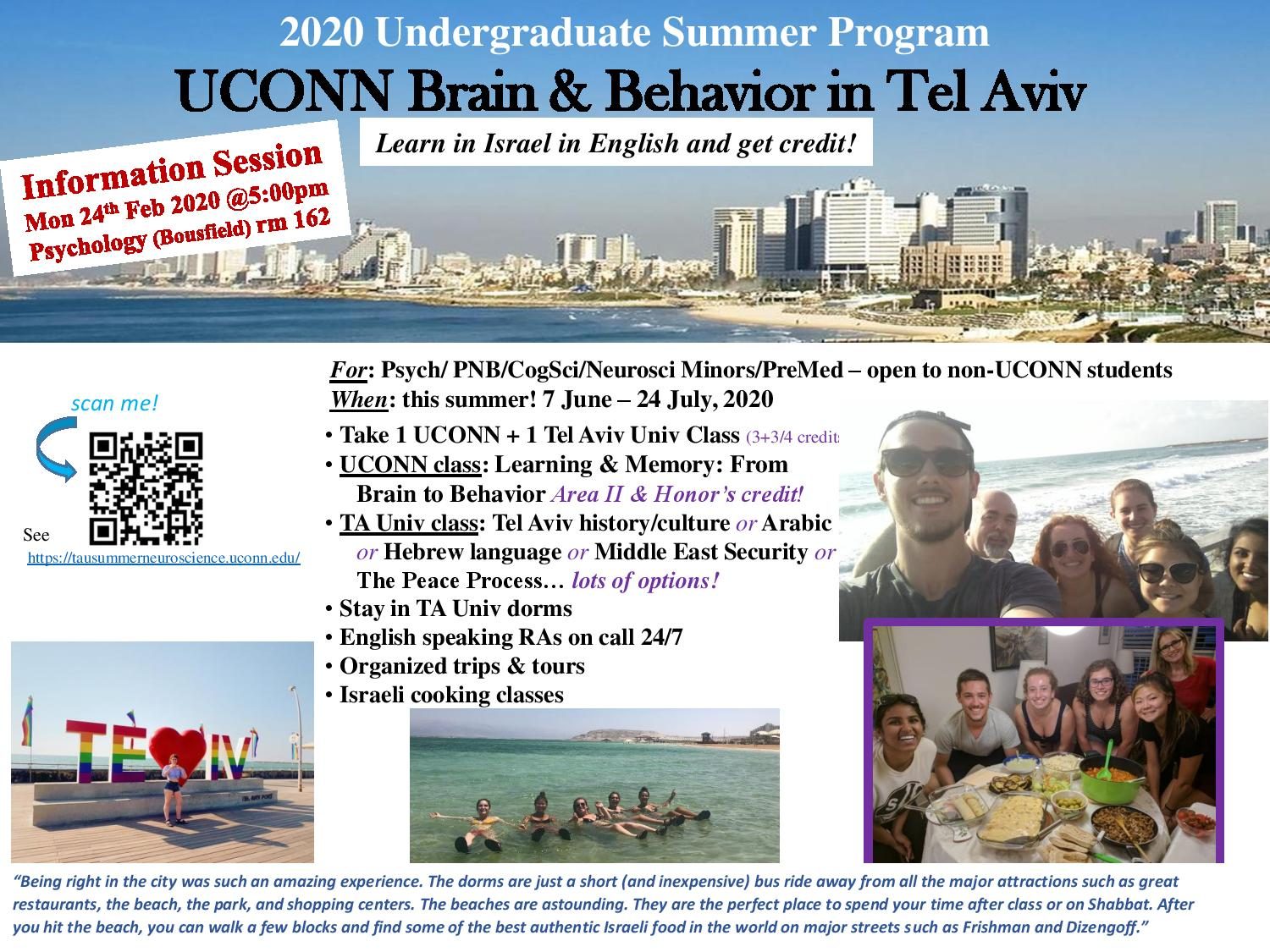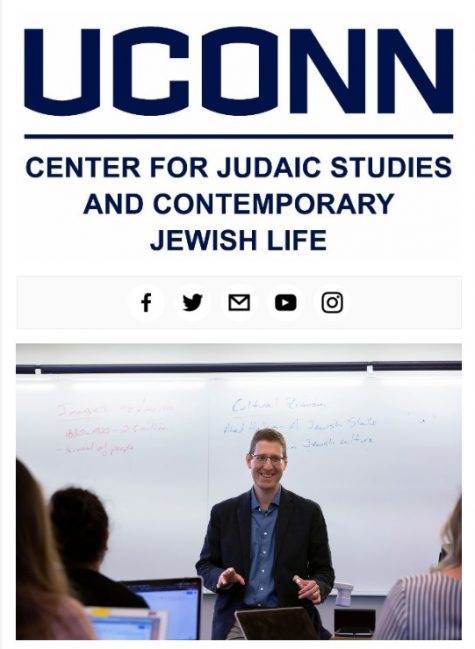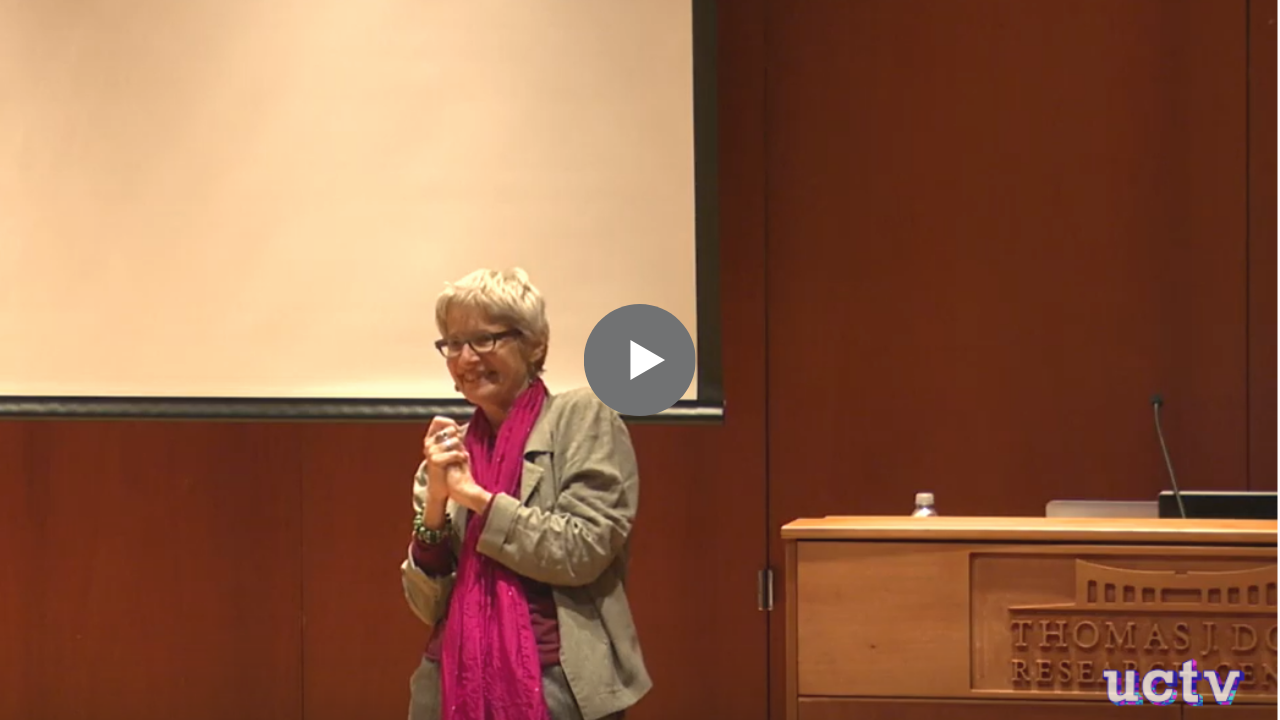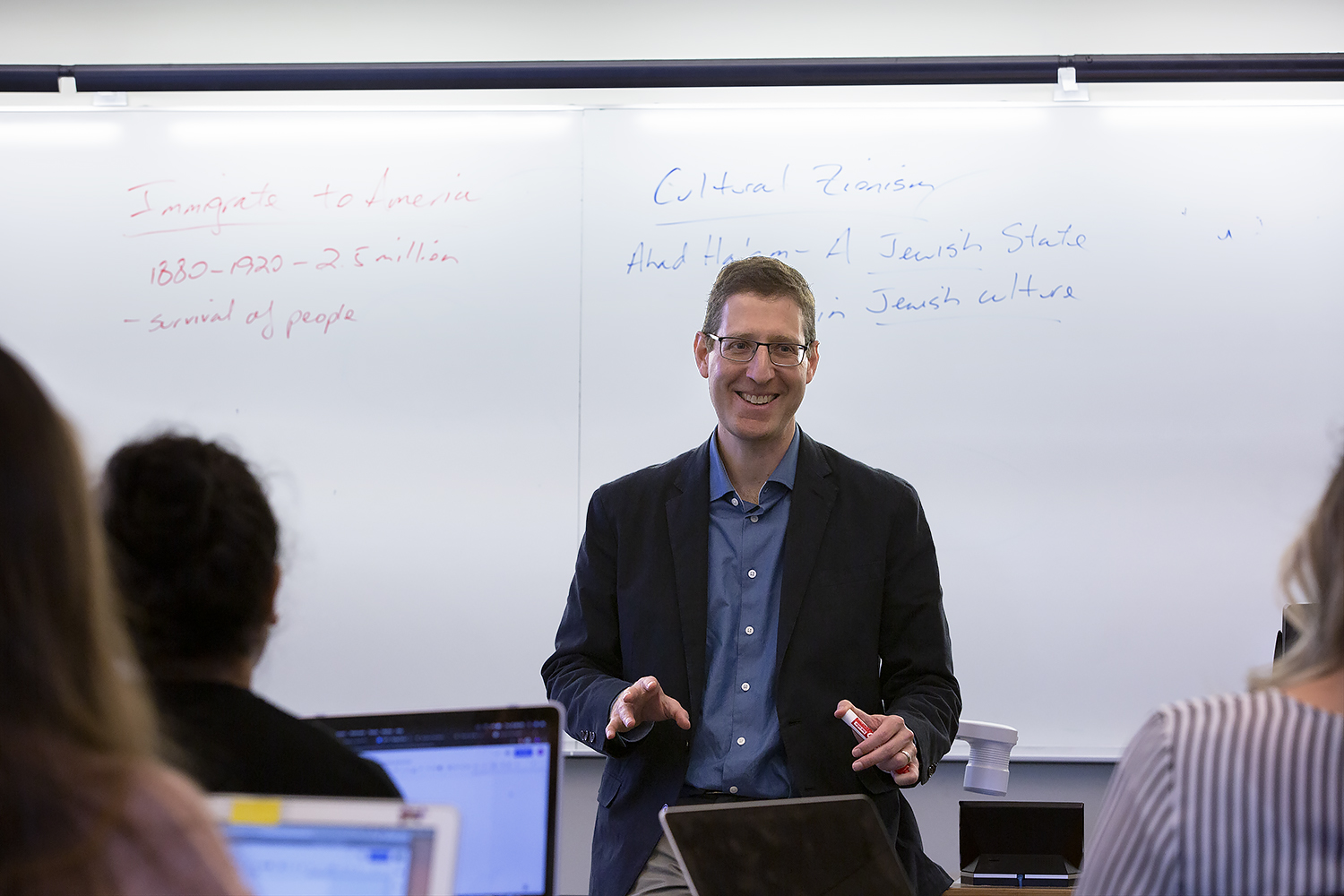The Center for Judaic Studies is hosting a film screening connected to the Hartford Jewish Film Festival. The festival this year will run from March 5-15 at Mandell JCC.
About the Film
TEL AVIV ON FIRE (2018) 97min –Arabic & Hebrew w/ English subtitles
Winner of top prizes at the Haifa and Venice film festivals, writer-director Sameh Zoabi’s satire follows Salam, a winsome slacker, as he fails upwards at his job on a sudsy Palestinian TV soap opera “Tel Aviv on Fire,” popular with both Israelis and Palestinians. Salam’s daily commute from the Ramallah set through the Israeli checkpoint leads to regular encounters with the IDF officer in charge. When the officer demands Salam change the show’s story line to make his wife happy, Salam struggles with concocting plot twists to suit viewers on both sides.
This event is free and open to the public. It is co-sponsored by the Hartford Jewish Film Festival / Mandell JCC.
If you require an accommodation to participate, please contact Pamela Weathers at pamela.weathers@uconn.edu or 860-486-2271.
The Center will be co-sponsoring two additional events in association with the Hartford Jewish Film Fest. On March 12, at 7:30 pm, at the Mandell JCC, a post-film discussion will be held following the screening of Holy Silence. Participants include Professor Avinoam Patt, Ph.D., UConn; Steven Pressman, Emmy-nominated writer, producer, and director; and Dr. Suzanne Brown-Fleming Director, International Academic Programs - Jack, Joseph and Morton Mandel Center for Advanced Holocaust Studies, United States Holocaust Memorial Museum. Please visit the event website for more details!
On March 23, at 7:00 pm, a panel of expert guests will explore Israeli society through the lens of 6 Israeli films featured in the 2020 Hartford Jewish Film Festival. Panelists include UConn Director of Middle East Studies Prof. Jeremy Pressman, UConn Director of the Center for Judaic Studies Avinoam Patt, and Mandell JCC Israel Program Coordinator Tom Wainrich. For more details, please visit the event website.
